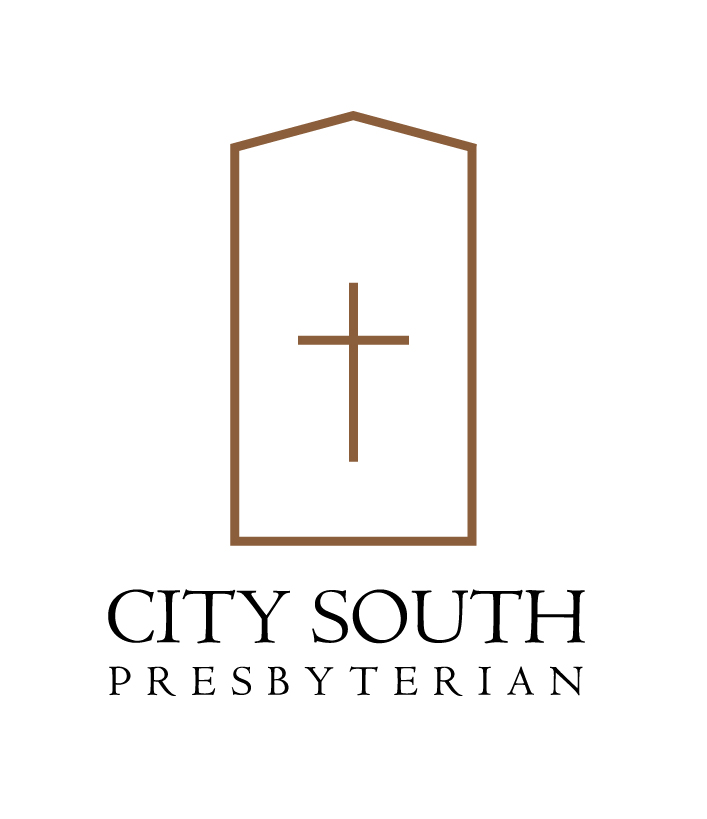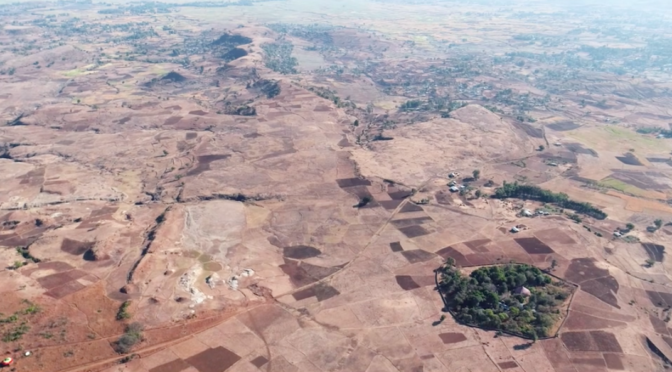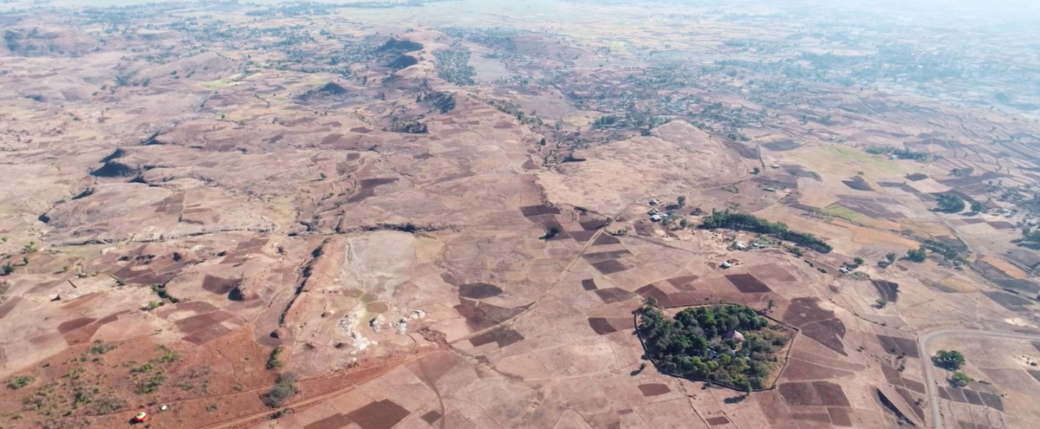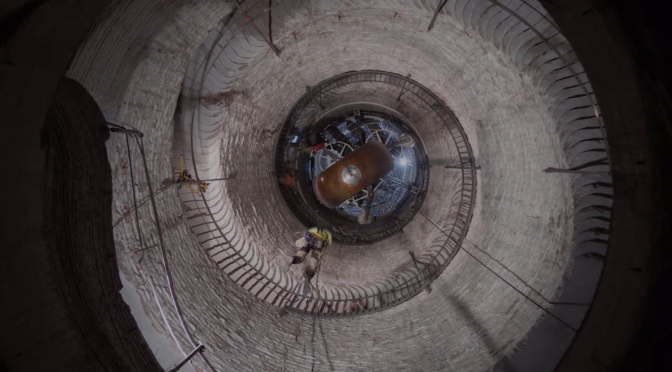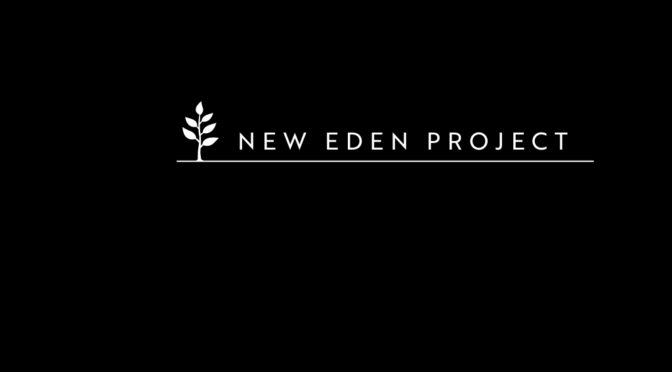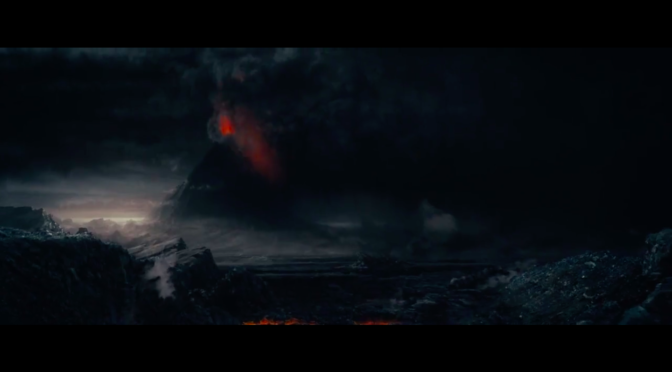On Sunday our church’s Committee of Management met. These types of meetings are routinely boring. They typically spend a chunk of time on church finances (yawn), red-tape compliance (argh), and facility maintenance (blurgh). Our Committee of Management does those things (and I am thankful for the gifts other people bring to those tasks), but we also give a chunk of time to environmental issues and aesthetics.
We meet in a rented facility that belongs to another church community; we meet as one gathering on Sundays, but have two management structures. We’ve recently asked our landlords/partners in the Gospel if we might turn a small kids play area that is too small to meet various safety codes into a kids ‘nature play’ area complete with garden beds and other natural features that might encourage play, but not need the same sort of insurance risk assessments.
Two of the wonderful women on our Committee of Management are passionately integrating creation care into the fabric of our church life; one of these ladies, Wendy, has been leading our church into a new season of waste management, we now have recycling collection containers for just about everything that can be recycled, from disposable gloves, to plastic communion cups, to soft plastics, to our disposable coffee cups (and lids). She’s been reading the work of Jonathan Cornford from Manna Gum, especially his book Coming Home, and sharing insights from it, and her deep dive into recycling, with our church family. Another lady, Hana, has been a passionate advocate for environmental issues in the life of our church for some time, and our Committee’s discussion turned to Subpods (a type of buried compost bin developed here in Australia), and micro-forests — especially the kind that feature native plants, and that have the capacity to form ‘microclimates’. Here’s an ABC article on a growing move to establish micro-forests as a way to combat climate change in hyper-local ways.
The size of a tennis court, micro-forests were originally devised by Akira Miyawaki, a botanist who wanted to restore biodiversity in urban environments.
Since the first tiny forest was planted in Zaandam in the Netherlands in 2015, the Miyawaki method has been growing in popularity, particularly in Europe, as communities work to mitigate the “urban heat island” effect.
The method replicates mature ecosystems, but on a small scale, with each plant, grass and shrub chosen carefully to complement the others.
Now, we have a small amount of green space to work with in our little location, but this all got me thinking again about the church forests of Ethiopia and our place in the world as citizens and gardeners anticipating the New Eden, especially as we keep thinking about church spaces and how to use them as hotbeds for the sort of re-enchantment we need in a disenchanted world.
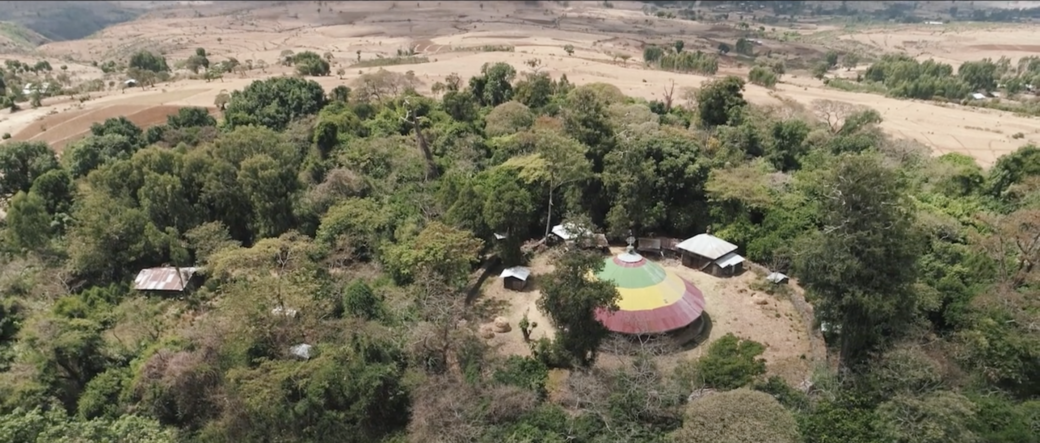
Recently I’ve been digging into the writing of Paul Kingsnorth. Kingsnorth was one of the founders of The Dark Mountain Project, and some time back my friend Arthur pointed me to his work on re-wilding as a picture of resisting the Babylonian project of perpetual human progress via empire, or dominion, particularly the kind wrapped up in the myth of progress and the rise of the machine. Kingsnorth has quite spectacularly documented his conversion to Christianity in the last year, there’s a fascinating series of articles you can dip into from to this reflection on the modern machine age’s linear view of time and progress, and how destructive that is to us and the world, to this interview about the myth of progress, to this article on his new post Dark Mountain project ‘The Abbey of Misrule,’ titled Dreaming of the Rood (“Rood” is a word for crucifix), to, ultimately, his testimony The Cross and the Machine, published on First Things. In that he says:
“Out in the world, the rebellion against God has become a rebellion against everything: roots, culture, community, families, biology itself. Machine progress—the triumph of the Nietzschean will—dissolves the glue that once held us. Fires are set around the supporting pillars of the culture by those charged with guarding it, urged on by an ascendant faction determined to erase the past, abuse their ancestors, and dynamite their cultural inheritance, the better to build their earthly paradise on terra nullius. Massing against them are the new Defenders of the West, some calling for a return to the atomized liberalism that got us here in the first place, others defending a remnant Christendom that seems to have precious little to do with Christ and forgets Christopher Lasch’s warning that “God, not culture, is the only appropriate object of unconditional reverence and wonder.” Two profane visions going head-to-head, when what we are surely crying out for is the only thing that can heal us: a return to the sacred center around which any real culture is built.
Up on the mountain like Moriarty, in the Maumturk ranges in the autumn rain, I had my own vision, terrible and joyful and impossible. I saw that if we were to follow the teachings we were given at such great cost—the radical humility, the blessings upon the meek, the love of neighbor and enemy, the woe unto those who are rich, the last who will be first—above all, if we were to stumble toward the Creator with love and awe, then creation itself would not now be groaning under our weight. I saw that the teachings of Christ were the most radical in history, and that no empire could be built by those who truly lived them.”
Watching Kingsnorth convert, through this series of articles, because of his sense of the systemic nature of the Christian story, and its importance as a true and revolutionary myth — the antidote to the destruction he sees around him in the dominion systems of the world is a bit like watching Jordan Peterson convert because he sees the same thing happening at an individual level. We could turn Kingsnorth into the ‘lefty’ version of Peterson at this point, or see Peterson as the ‘righty’ version of Kingsnorth — or — perhaps we could see in their stories both the compelling power of the Christian story of the transformation of the individual and the cosmos through the victory of Jesus that we actually need both systemic and individual transformation to come from God, and that maybe both these stories are part of the Gospel (not just one — the systemic change championed by the theological left, or the individual change through penal substitution championed by the theological right).
Kingsnorth has been grappling with the secularisation of our view of the world and its accompanying disenchantment, and the revolutionary power of the Christian story, especially when framed not just as a story of personal salvation from a dying world, but of resistance to Babylon/Rome styled empire, centred on the cosmic victory of Jesus and the promised renewal of all things — God’s New Eden Project. He’s long been an advocate for re-wilding, trying to step back human destruction of the world by re-introducing nature and trying to live with it better… And now, in his story, and in this fuller picture of the Gospel as the story of life in a Garden-City, with God (as opposed to life in Babylon without him), we might see re-wilding — or letting forests back in to our dominated landscapes/ecologies — as a path both to re-enchantment and discipleship. Such re-enchantment might even be a necessary pre-condition for sharing the Gospel story in a disenchanted, secular, age. Kingsnorth’s conversion demonstrates how powerful it is to recognise the truth of the Christian story because one has first been disenchanted by the Babylonian myth of progress and dominion, and re-enchanted in the hunt for alternatives. If re-enchantment of the natural world is coupled with a right view of nature as a created good that reveals the divine nature and character of God, then this might help us live and tell a more compelling version of the Christian story.
It may also be that stories (or myths), like Kingsnorth’s fiction, can help us see the world this way. Maybe Tolkien and Lewis were onto something in their desires for us to grapple both with grand stories (myths or fairytales) and nature as spiritual disciplines that help us see God, his world, and our place in it, rightly.
As C.S Lewis said, “the fairy tale stirs and troubles him (to his life-long enrichment) with the dim sense of something beyond his reach and, far from dulling or emptying the actual world, gives it a new dimension of depth. He does not despise real woods because he has read of enchanted woods: The reading makes all real woods a little enchanted.” Stories might be a path to re-enchantment, and re-enchantment might be a path back to God in the machine age. Lewis’ first lecture at Cambridge was all about the way machines drove us into the post-Christian, secular, context we now find ourselves in.
Tolkien wrote a poem called Mythopoeia, about his friend C.S Lewis a man of whom he said “you look at trees, and label them just so…” Lewis’ view of the almost sacramental function of the natural world was not quite enough for Tolkien… he also wrote this letter to a newspaper about his love for trees and how that stands as a testimony against the machine-loving enemy (the same sort of Babylonian empire he represents in Middle Earth with Sauron and Mordor):
In all my works I take the part of trees as against all their enemies. Lothlórien is beautiful because there the trees were loved; elsewhere forests are represented as awakening to consciousness of themselves. The Old Forest was hostile to two legged creatures because of the memory of many injuries. Fangorn Forest was old and beautiful, but at the time of the story tense with hostility because it was threatened by a machine-loving enemy. Mirkwood had fallen under the domination of a Power that hated all living things but was restored to beauty and became Greenwood the Great before the end of the story.
It would be unfair to compare the Forestry Commission with Sauron because as you observe it is capable of repentance; but nothing it has done that is stupid compares with the destruction, torture and murder of trees perpetrated by private individuals and minor official bodies. The savage sound of the electric saw is never silent wherever trees are still found growing.
Yours faithfully,
J. R. R. Tolkien
It would be possible to idolise nature… not just to rightly love it… to turn a sort of sacramental view of creation and our role in it into pagan worship of trees rather than a recognition of God’s role as God, creation’s role in testifying to his glory and divine nature, and our priestly image bearing role as representing this nature as we steward his world towards this purpose, but how we use and interact with the physical world is a testimony to how we understand God and the world. Our participation in the world, and our use of space, has to be different to Babylon’s; our spaces and use of the world has to be forming us as different people being transformed into the image of the living God we meet in Jesus, not the gods of Babylon.
Which brings me to how we shape, and steward, church spaces — and why planting micro-forests might be an anti-Babylonian act. There’s incredible historical rationale for the idea that church architecture shapes the people who inhabit these spaces — habitats do, indeed, shape habits. Aesthetics form ethics. Whether this was in the houses and tables of the early church — which reinforced the truth that Christians (regardless of social status) were part of a new family, or household (or “economy” — the word “economy” being derived from the greek words for ‘household’ (oikos) and ‘use or rule’ (nomos), or in the grand cathedrals deliberately built to reinforce both the stories of the faith (in stain glass and statues), and the shape of the Gospel (with a cruciform floor plan, and the highest point of the steeple, which reached to the heavens, being situated at the junction of that cross, where the communion table sits… this isn’t new. In fact, the Old Testament Temple with its Eden undertones, and the cosmic-geography reinforcing “Holy of holies” also served to form a people for life in the world.
We don’t do that now. I wrote a bit about the idea of church spaces as ‘non-places’ when I was writing down my ideas around the ‘New Eden Project’ (cause everyone needs a manifesto… right…). In philosophical terms, non-places are places like airports; places designed to feel the same, to be generic, to be “places of transience where humans feel anonymous” — they are specifically designed not to form us in the way that architecture does, and yet, by their very nature (and dominance of the modern landscape) they deform us, because they become blank canvases where Babylon’s capitalist machine can bombard us with visual advertising and erode our ability to pay attention. There’s a great Eucatastrophe episode called “Resisting Secular Space” that digs into this, and a follow up about “Sacrifice Zones” that is related.
Non-places are also ‘thin spaces’ rather than ‘thick ones’, they ground us in the ‘immanence’ of the here and now, rather than inviting us to connect with something transcendent. There’s a reason many people, like Kingsnorth, find an urge towards the transcendent in nature and beauty. The philosopher Charles Taylor would say life in the ‘secular age’ where we’re quite disenchanted and ‘ensconced in immanence’ features these occasional moments of ‘frisson’ or the haunting sense that something bigger than us might be out there. Our modern church spaces — especially black box auditoriums filled with technology — are not spaces that will throw us towards the transcendent with this haunting moments, but ground us in the day to day myth of the machine. Churches that create multipurpose facilities that are architecturally generic, or who meet in public facilities that are function rooms or the like, have the disadvantage that our spaces aren’t working to form us in the Christian story — but they’re also not neutral — they’re forming us in generic ‘non-spaceness’… Often we take black box spaces (like the theatre our church met in for a few years) and use lighting and other technology to create “atmosphere,” and yet, as Jamie Smith observes, we end up bringing the atmosphere of the cinema or shopping centre into the church and just forming little consumers, or citizens of Babylon, creations of the machine myth of progress, while preaching Jesus.
When you think about the story of Genesis 1-3 in these terms, Adam and Eve found themselves in a garden temple in the heart of an ordered cosmos. They were created as God’s ‘image bearing’ rulers of this ordered world, called to “be fruitful and multiply” as they represented God’s heavenly rule and relationship with creation in their own rule and relationships. They were placed in this garden and commanded to operate like priests in a temple (the ‘guard and keep’ words in God’s instructions to Adam are what priests did in the Temple later in the Old Testament). They were in a place — a fruitful garden — embedded in relationship with God — that was meant to form them as people, and be where they carried out the task of stewarding creation. Their exile from the Garden, like Israel’s exile from the Land, and from access to the Holy of Holies in the Temple, was a move from space designed to form them as God’s people into non-space — not yet cultivated land outside of Eden, or, in Israel’s case, into the deforming space of Babylon; cut off from one of the sources of their spiritual formation (the cultic life of Israel with its Temple, sacrifices, feasts, and festivals). Our re-creation as “Temples of God’s Spirit,” through Jesus, and the picture of his return in Revelation 21-22 gives us a new pattern of ‘gardening’ as God’s priests in a world that’s a lot like Babylon (but one where we are home with God, rather than exiled from him).
Perhaps there’s something to that advice Jeremiah gives to Israel as they live in Babylon — the idea that they might cultivate little Edens in the middle of a city built on an utterly different dominion myth (one like the progress myth we find in the air we breath). The less famous bit before he says “seek the welfare of the city”:
“Thus says the Lord of hosts, the God of Israel, to all the exiles whom I have sent into exile from Jerusalem to Babylon: Build houses and live in them; plant gardens and eat their produce.”
Israel is to live its story because the God of Israel is the Lord of hosts — the most high — and Babylon’s story of humanity; its gods and images of gods — are not the path to, or pattern for, life. And so, planting little gardens — little Edens — and eating the produce might just be an act of rebellion against the dominant religious myths of their time…
Planting micro-forests — or at least thinking intentionally about our spaces and their structure and how we model and liturgise ourselves into being stewards of the environment rather than slaves to the machine — is an act of deep resistence.
So our Committee of Management meeting, though a routine piece of ‘church machinery’ was deeply spiritually refreshing for me, because it’s a joy to be led on this journey to resistance, and taking part in it, beside people who’ve caught this vision for life in God’s kingdom in a way that transforms even what we put in the bin and plant in the ground. Our Committee of Management is committed to a different sort of ‘household management’ — to being the household of God — which means we’re pursuing a different sort of economic management, and trying to create a different sort of ecology. Which is a beautiful thing.
If your church has some vacant green space — maybe space you’ve designated for new buildings, a playground, or an expansion of the carpark — why not plant a forest instead?
In the Kingdom of Man, the seas are ribboned with plastic, the forests are burning, the cities bulge with billionaires and tented camps, and still we kneel before the idol of the great god Economy as it grows and grows like a cancer cell. And what if this ancient faith is not an obstacle after all, but a way through? As we see the consequences of eating the forbidden fruit, of choosing power over humility, separation over communion, the stakes become clearer each day. Surrender or rebellion; sacrifice or conquest; death of the self or triumph of the will; the Cross or the machine.
Paul Kingsnorth
